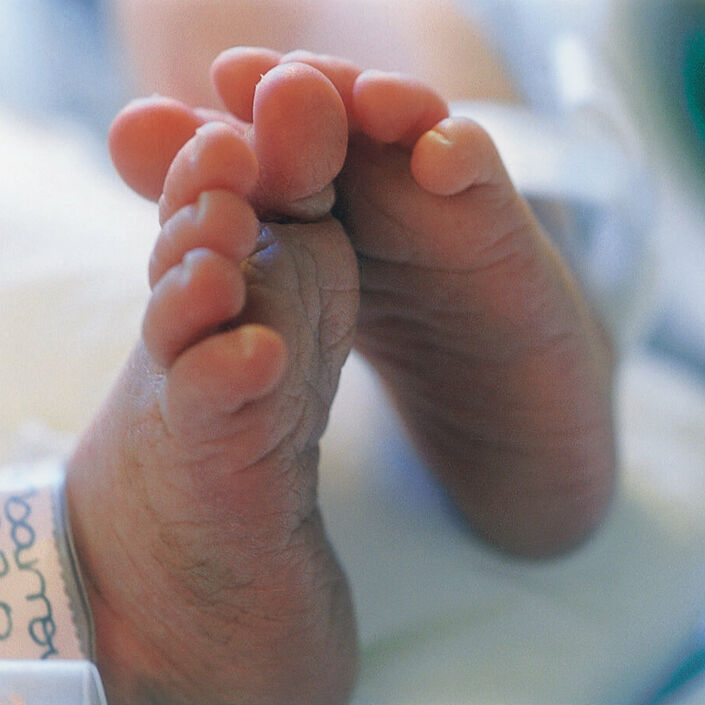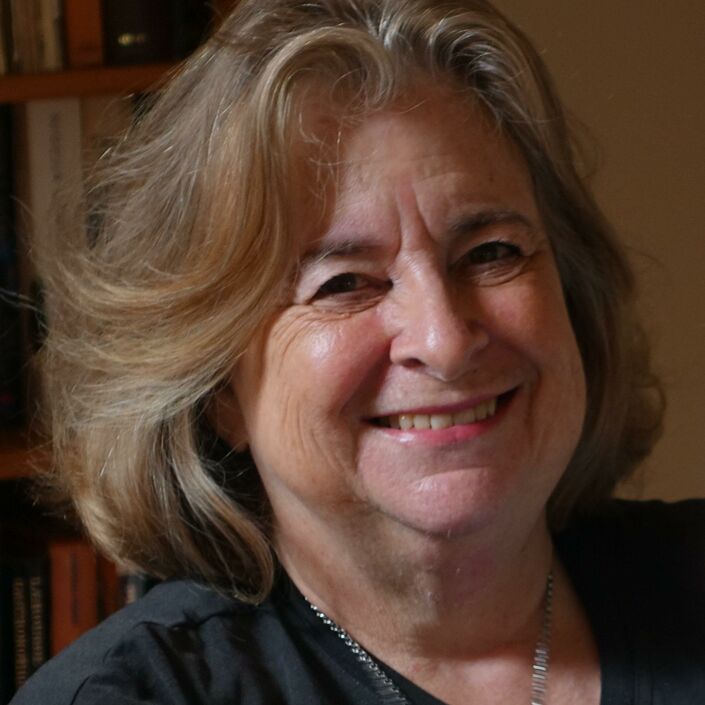For 40 years, we have championed the right of babies born needing neonatal care by supporting families and healthcare professionals, campaigning for change and funding and enabling life-changing research.
Today, babies on the neonatal unit have a better chance of survival than 40 years ago, due in no small part to the role that Bliss supporters have played in improving care for babies over the years.
We’ve seen a transformation of neonatal care since 1979. But there is still a critical shortage of neonatal nurses, services are under pressure with far too few resources, and thousands of parents still have to return to work when their baby is in hospital.
Only with your support can Bliss continue to work to ensure every baby gets the best start in life for generations to come.


